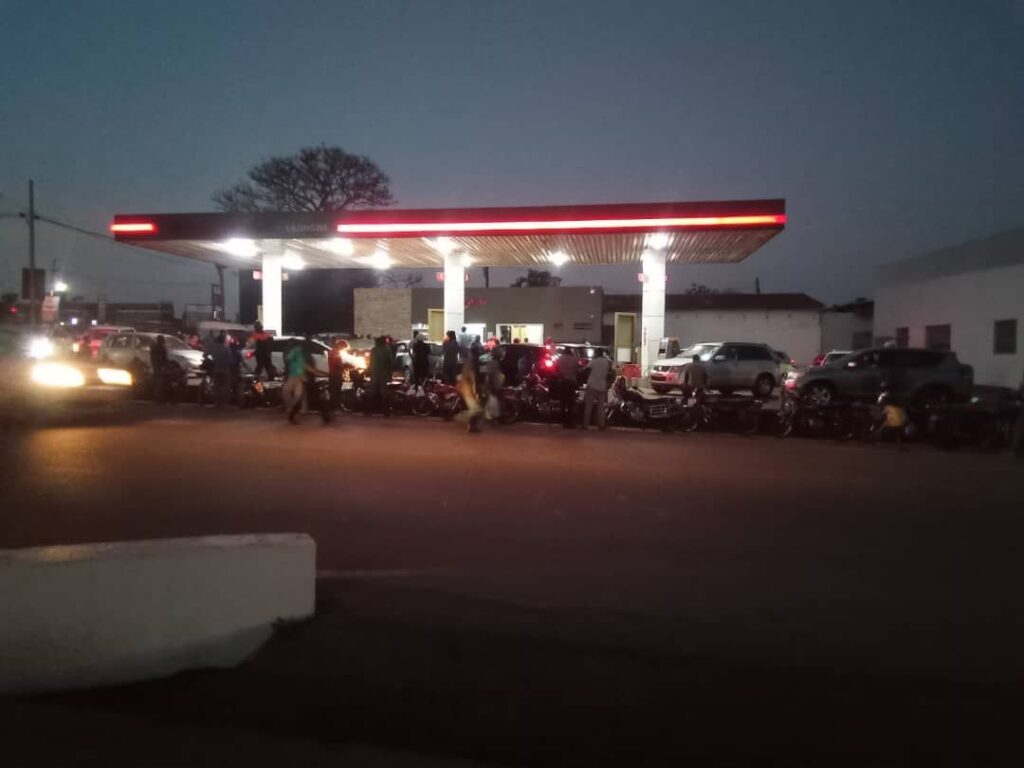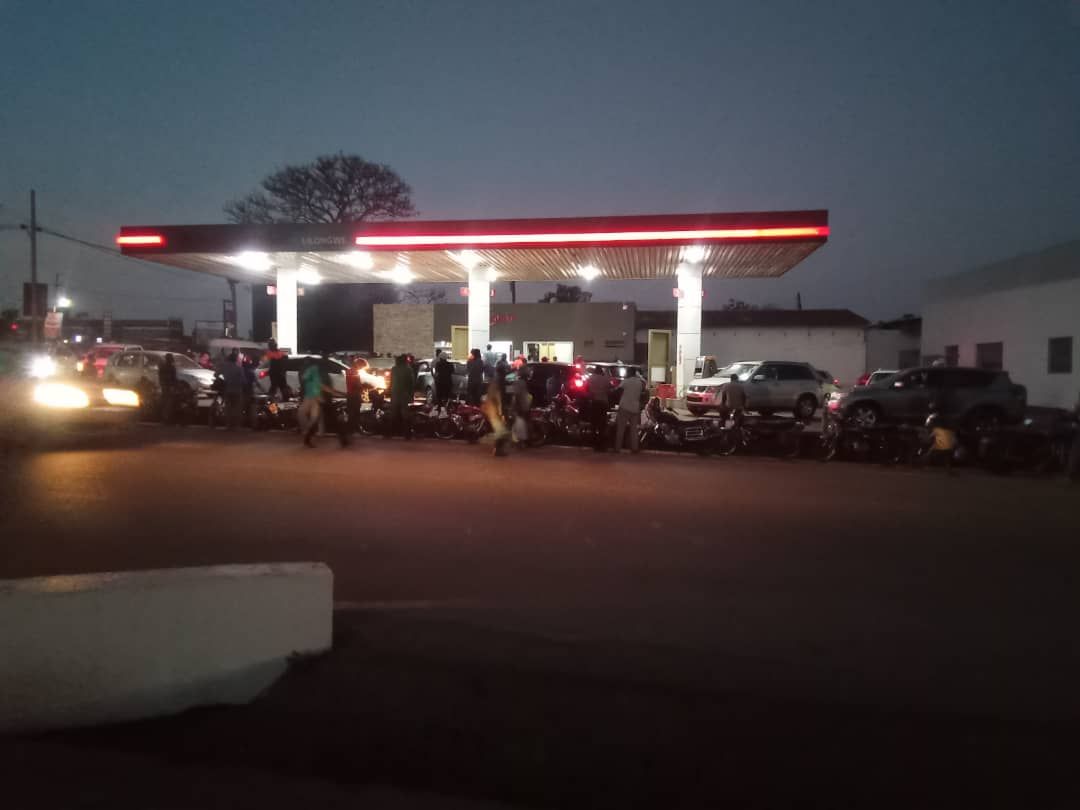By Burnett Munthali
Malawi is currently grappling with an acute fuel crisis that has disrupted economic activities, leaving citizens frustrated and questioning the management of the country’s energy resources. In a recent statement, Henry Kachaje, the Chief Executive Officer of the Malawi Energy Regulatory Authority (MERA), attributed a part of the crisis to unauthorized vendors who allegedly siphon fuel supplies and create artificial shortages. However, this attribution raises significant questions. Can unauthorized vendors indeed be the sole—or even primary—cause of such a widespread fuel crisis, or are there deeper systemic issues at play?
Can we blame unauthorized vendors?
The notion that unauthorized vendors contribute to fuel shortages is plausible. Unauthorized vendors often procure fuel through informal channels and resell it at inflated prices. By diverting fuel intended for regulated stations, these vendors can, in small ways, exacerbate shortages, especially during times of limited supply. However, attributing the crisis to them alone might oversimplify a far more complex situation. These vendors do not possess the capacity to influence fuel supply at a national scale, especially when supply shortfalls reach critical levels, as we see now.

Fuel vendors typically operate at a local level, meaning that their influence, while visible in communities, cannot fundamentally impact the supply chain that services the entire country. Addressing their activities is necessary for regulating local prices and preventing exploitation, but the crisis appears too vast for these vendors to bear sole responsibility.
Do unauthorized vendors have the capacity to cause a fuel crisis?
To understand whether unauthorized vendors could genuinely cause a national crisis, we must examine their role in the larger fuel supply chain. Unauthorized vendors typically engage in small-scale fuel trading, lacking the resources to disrupt distribution at storage facilities or control imports. Therefore, it’s unlikely they could instigate a fuel shortage of this magnitude.
The larger factors influencing fuel availability in Malawi point to challenges in the procurement, distribution, and storage phases rather than solely to unauthorized resellers. Structural issues—such as limited foreign exchange, inefficiencies in the supply chain, and policy limitations—present obstacles that unauthorized vendors could not singlehandedly overcome or manipulate. Hence, while unauthorized vendors may aggravate localized issues, they likely do not possess the reach or resources to cause a sustained, national fuel crisis.
The real causes of fuel shortages in Malawi
The current crisis can be better understood when viewed through the lens of broader systemic challenges:
Firstly, Malawi relies heavily on imported fuel, which requires significant amounts of foreign currency. With the country experiencing persistent foreign exchange shortages, fuel procurement becomes strained. The Reserve Bank of Malawi’s inability to provide adequate foreign exchange for fuel importers is a key contributor to the crisis.
Secondly, the country’s debt obligations have strained financial resources, affecting import capacity across sectors. As funds are diverted to debt repayments, less capital is available to import sufficient quantities of fuel, resulting in shortages.
Thirdly, infrastructure limitations in storage and distribution further complicate fuel availability. Transportation inefficiencies, particularly during high-demand periods, mean that even when fuel is available at ports or borders, getting it to stations across the country remains a challenge.
Fourthly, fuel prices on the global market have been volatile. When prices surge internationally, it becomes harder for Malawi to maintain stable supplies without adjusting retail prices significantly. This price volatility impacts procurement and adds strain to the country’s limited foreign reserves.
Fifthly, regulatory frameworks may also play a role in the crisis. If existing policies do not adequately address fuel supply security or if MERA lacks the authority or resources to intervene effectively in critical moments, these gaps could exacerbate fuel supply issues.
How much fuel has been imported so far?
As of the latest reports, MERA has disclosed that Malawi has been able to secure and import some quantities of fuel. However, due to foreign currency limitations, these quantities have not been sufficient to meet nationwide demand. The limited imports help sustain minimal operations but do not address the high consumption levels driven by a recovering economy.
Additionally, recent imports have not provided a buffer against the high demand, and without sufficient reserves, even slight disruptions in supply or delays in procurement quickly lead to queues and shortages at fuel stations. MERA has been transparent in stating that it is actively working with the Reserve Bank to source more foreign currency to allow for larger imports. However, the scope of imports thus far underscores the seriousness of the foreign exchange constraints Malawi faces.
Conclusion
The fuel crisis in Malawi cannot be attributed to unauthorized vendors alone. While these vendors may exacerbate localized shortages, the root causes of the crisis lie in systemic issues: limited foreign exchange, logistical constraints, rising global prices, and regulatory gaps. Addressing these structural challenges is essential for stabilizing the fuel supply chain and preventing future crises.
It is crucial that MERA and other government bodies work collaboratively to address foreign exchange management, improve procurement processes, and establish policies that anticipate and mitigate such crises. Only by tackling these foundational issues can Malawi ensure a stable fuel supply for its citizens.



